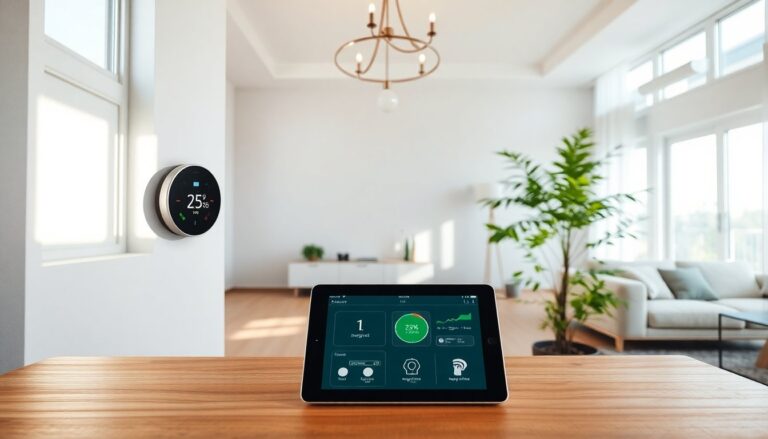Argomenti trattati
Emerging trends in smart home sustainability
The smart home industry has undergone significant evolution, with sustainability becoming a key focus. Consumers are increasingly conscious of their energy consumption, seeking devices that enhance convenience while promoting a carbon neutral lifestyle. Innovations such as smart thermostats, energy-efficient lighting, and integrated home automation systems are at the forefront of this transformation.
Business case and economic opportunities
The integration of smart gadgets in households presents substantial economic opportunities. Companies that prioritize sustainable practices are attracting eco-conscious consumers and reducing operational costs through energy savings. The potential for reducing scope 1-2-3 emissions is considerable, reinforcing the business case for sustainability. As demand for eco-friendly products increases, businesses can capitalize on this trend to strengthen their market position.
How to implement in practice
Homeowners looking to implement smart home technologies should begin by evaluating their current energy usage and identifying improvement areas. Investing in smart meters and energy management systems can offer valuable insights into consumption patterns. Additionally, adopting a circular design approach when selecting gadgets ensures that products are not only efficient but also environmentally responsible.
Pioneer companies leading the way
Several companies are at the forefront of the smart home sustainability movement. For example, Google Nest has achieved notable success with its energy-efficient thermostats, while Philips Hue provides smart lighting solutions that significantly diminish energy consumption. These pioneers exemplify the potential of merging technology with sustainable practices.
Roadmap for the future
Looking ahead, the smart home industry is set for continued growth, propelled by innovation and consumer demand for sustainability. Companies must remain vigilant regarding regulatory changes and consumer expectations by consistently developing eco-friendly products. By embedding sustainability as a core value, businesses can formulate a roadmap that not only benefits the environment but also fosters long-term profitability.

